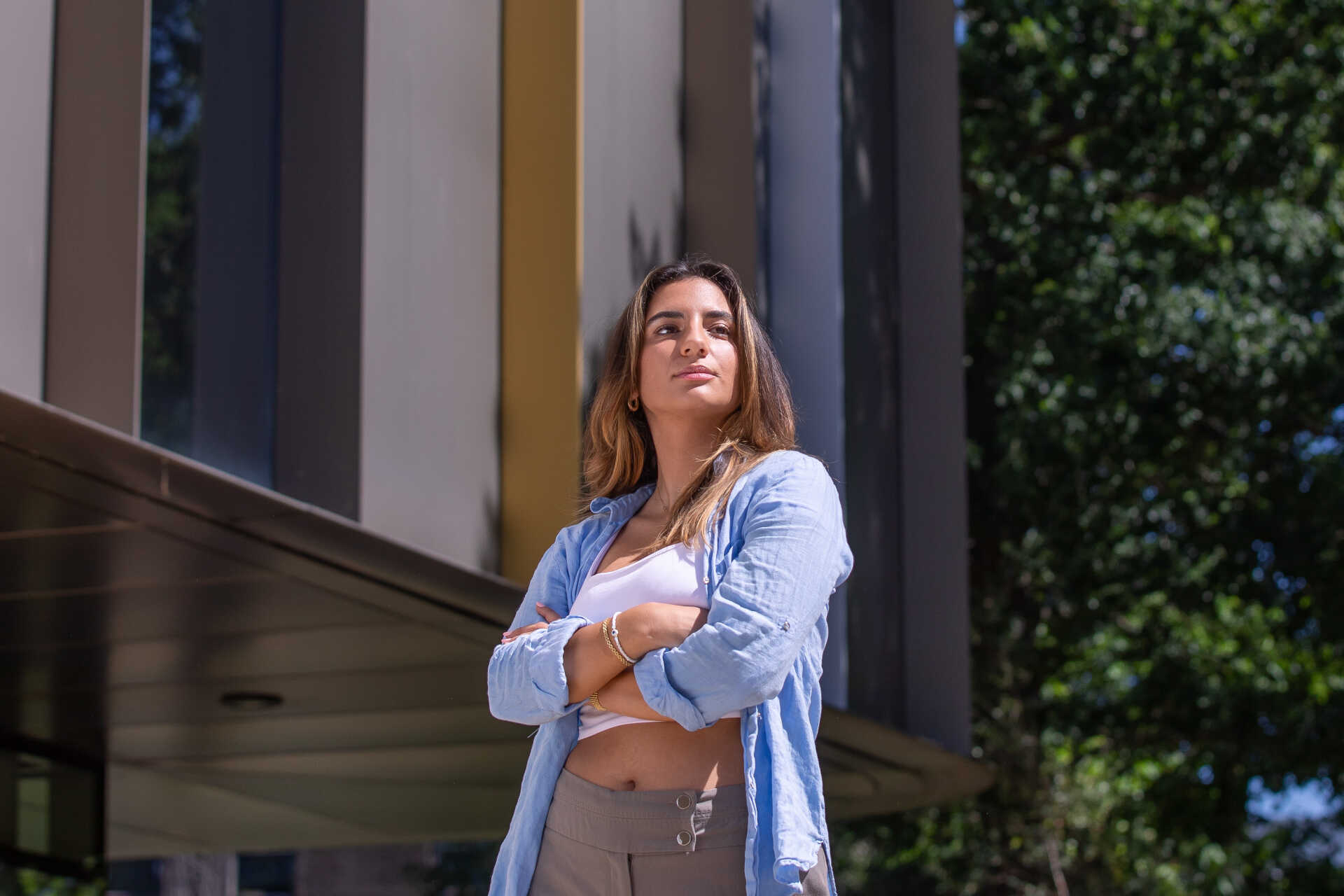Film
The programme offers a thorough grounding in postgraduate-level film and is suitable both for graduates in the subject and those new to it. You spend a term studying at our Paris School of Arts and Culture, allowing you to immerse yourself in French film culture.













